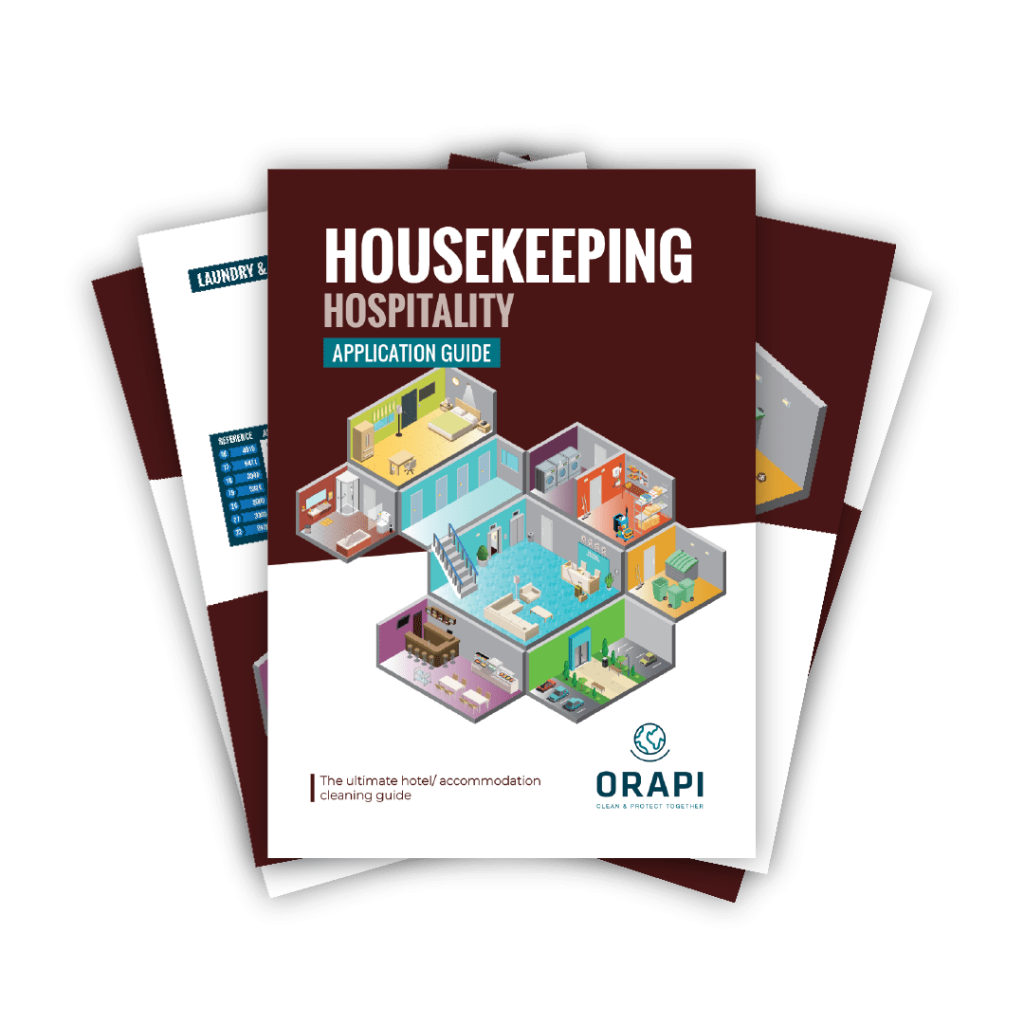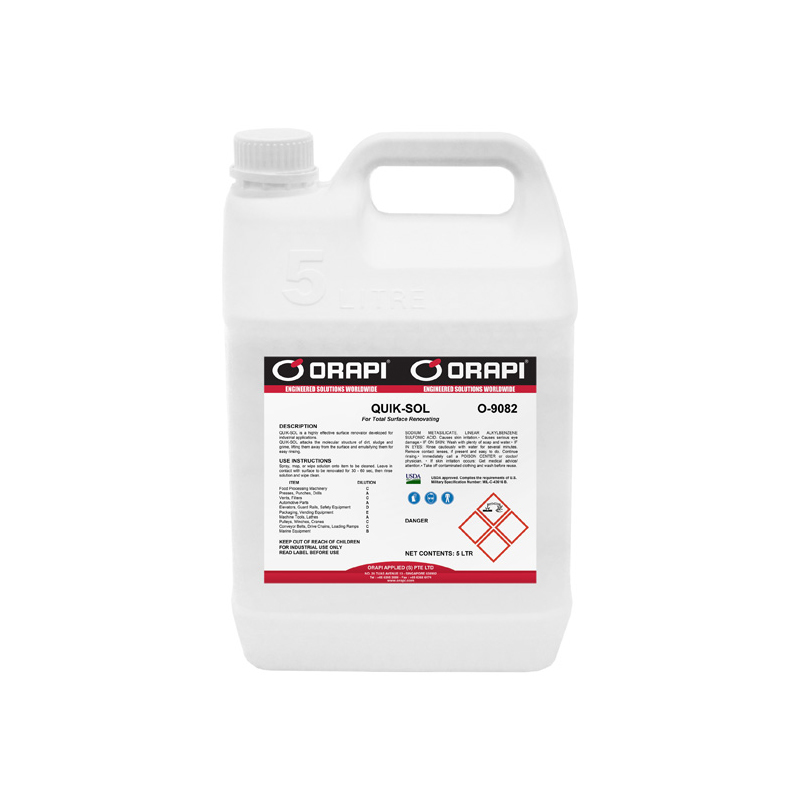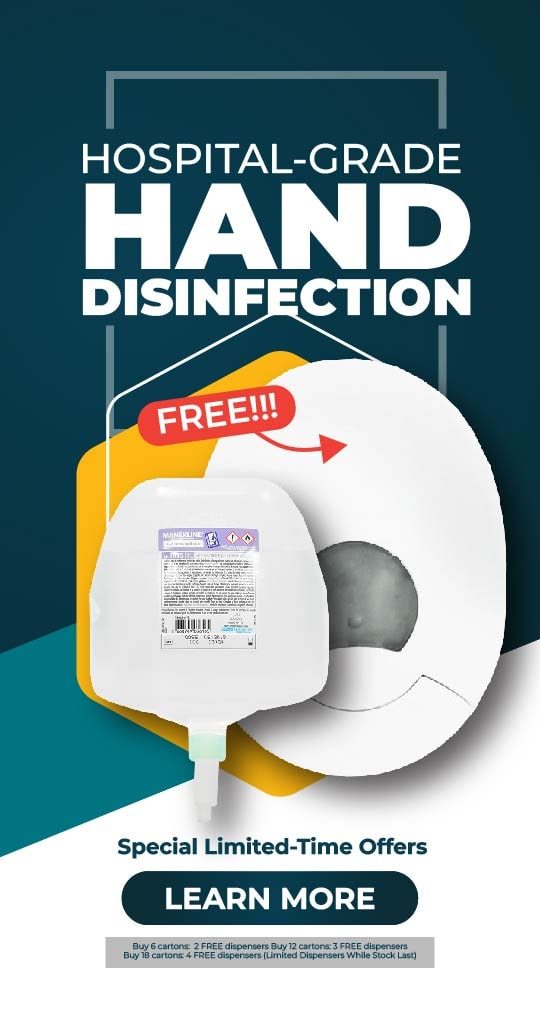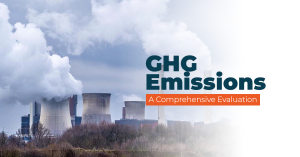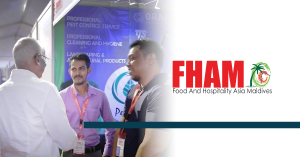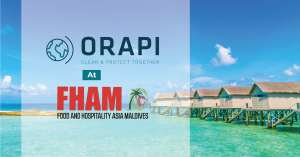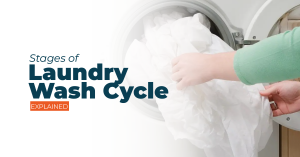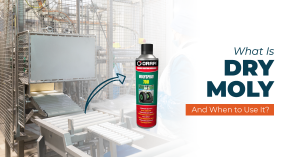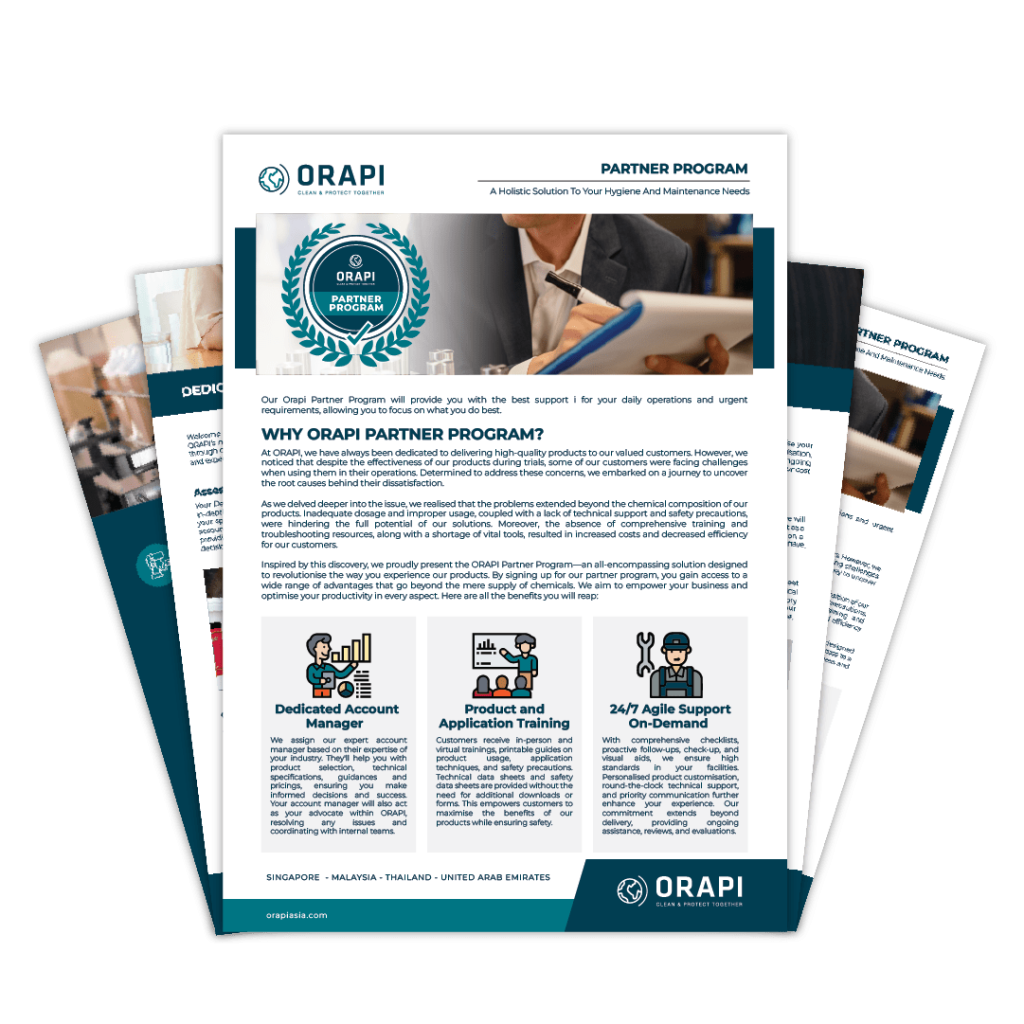
A surface renovator is a type of cleaner that not only removes contaminants like dirt, grime, and grease but also restores surfaces to their original condition. It goes beyond routine cleaning by tackling embedded residues, stains, and buildup that regular cleaners may leave behind. In some cases, surface renovators also include protective agents to prevent future corrosion or damage.
Key Functions of a Surface Renovator

- Deep Cleaning: Penetrates into the molecular structure of grime, oils, and sludge, lifting them off the surface for easy removal.
- Restoration: Removes tough deposits, stains, or oxidation, rejuvenating surfaces like metal, machinery, or industrial floors to a nearly original state.
- Surface Protection: Some renovators contain inhibitors to prevent corrosion, rust, or further contamination after cleaning.
- Versatile Applications: Used in heavy-duty industries (e.g., automotive, aviation, food processing) where surfaces are exposed to extreme conditions and need deep cleaning without damage.
ORAPI RECOMMENDS:
QUIK-SOL (f.k.a. PETROMAX) is a highly effective surface renovator developed for industrial applications where a
safer, more powerful solvent is required.
QUIK-SOL attacks the molecular structure of dirt, sludge and grime, lifting them away from the surface and emulsifying them for easy rinsing.
ORAPI Recommended Surface Renovator

QUIK-SOL serves as a surface renovator and heavy-duty cleaner designed for industrial environments. Here’s a breakdown of the jobs it performs:
Deep Cleaning of Grimy Surfaces
It lifts dirt, sludge, oil, and grime from floors, machinery, and equipment by breaking down the molecular bonds holding the contaminants to surfaces.
Degreasing
Removes grease, oils, and flammable residues, reducing fire hazards in places like automotive repair shops, aircraft hangars, and truck terminals.
Surface Renovation and Restoration
Restores dirty or stained metal surfaces, leaving them clean and protected thanks to corrosion inhibitors.
Versatile
Cleaning for Various Industries: Works on equipment and surfaces across meat packing, printing, manufacturing plants, and aviation facilities, offering broad industrial applicability
Safe, Non-Toxic Cleaning
Performs like a solvent cleaner but without toxic fumes, VOCs, or flammable chemicals. It offers powerful cleaning with the safety of water, making it suitable for areas requiring high safety standards (e.g., USDA-inspected facilities).
Labor-Saving and Economical
With high dilution ratios (up to 20:1), it reduces the need for large storage space and minimizes labor by making cleaning faster and easier.
Surface Renovator or a Regular Cleaner?

Choosing a surface renovator over a regular cleaner offers several advantages, especially in industrial or heavy-duty settings. Here’s a detailed comparison:
Deep Cleaning vs. Superficial Cleaning
- Surface Renovator: Penetrates deep into dirt, grease, and buildup, breaking down molecular bonds to lift stubborn contaminants.
- Regular Cleaner: Often only removes surface-level dirt, leaving behind embedded grime or stains that can accumulate over time.
Restoration Capability
- Surface Renovator: Not only cleans but also revives surfaces, making them look and perform like new. It restores the original state by removing oxidation, grease buildup, or discoloration.
- Regular Cleaner: Focuses on routine cleaning without significantly improving the appearance or condition of heavily used surfaces.
Multi-Functionality
- Surface Renovator: Works as both a cleaner and degreaser, removing oil, grease, and sludge, with protective inhibitors to prevent corrosion.
- Regular Cleaner: May need additional products (like degreasers or rust inhibitors) for specialized cleaning tasks.
Safety and Environmental Benefits
- Surface Renovator: Advanced products like QUIK-SOL are non-toxic, non-flammable, and biodegradable, reducing safety hazards and environmental impact.
- Regular Cleaner: Many traditional cleaners contain hazardous chemicals or VOCs, posing risks to health, safety, and the environment.
Time and Cost Savings
- Surface Renovator: Its concentrated formula allows dilution, reducing the quantity needed. It also makes tough cleaning tasks quicker, minimizing labor costs.
- Regular Cleaner: May require multiple applications or products for heavy-duty jobs, increasing time and expense.
Heavy-Duty Industrial Use
- Surface Renovator: Ideal for industrial and manufacturing environments, where surfaces accumulate hard-to-clean grease, sludge, and grime (e.g., machinery, hangars, repair shops).
- Regular Cleaner: Designed more for light or everyday cleaning tasks, and may not be suitable for extreme conditions.
ORAPI RECOMMENDS:
QUIK-SOL HP (f.k.a. SUPER PETROMAX) is a maximum strength industrial renovator for solving difficult industrial
cleaning tasks requiring grease, oil and heavy grime removal without the danger of solvents.
QUIK-SOL HP features the P-L-E-S system of advanced industrial renovation.
Role Surface Renovator Plays in Maintenance

Surface Renovators help prevent downtime and reduce wear and tear in the following ways:
- Prevents corrosion on metal components like presses, drills, and machine tools by leaving behind protective inhibitors.
- Ensures smooth operation of moving parts, such as conveyor belts, pulleys, winches, and cranes, by removing contaminants that could cause friction or blockages.
- Reduces fire hazards by thoroughly removing oil and grease from automotive parts, drive chains, and elevators.
- Improves equipment longevity by keeping packaging and vending machines free from dirt buildup, ensuring consistent performance.
- Facilitates inspection and upkeep of marine equipment by cleaning surfaces that are vulnerable to saltwater exposure and grime buildup.
Properties to Look for in a Surface Renovator

High pH (>12)
A high pH indicates the product is highly alkaline, essential for breaking down oils, fats, and organic matter through saponification. This alkalinity weakens the bonds of tough grime, grease, and residues, making them easier to lift and rinse, while also neutralizing acidic contaminants that could cause corrosion.
Specific Gravity
Specific gravity compares the product’s density to that of water (1.00). A value slightly above 1 means the solution is denser, providing better surface adhesion during application. This allows it to cling to vertical or uneven surfaces, ensuring thorough cleaning and longer contact time for effective grime removal.
Solubility (Water, Complete)
Complete water solubility means the product can dilute uniformly and is easy to rinse away after use. This property ensures that no residue or film is left behind on surfaces, making it ideal for applications in food processing, machinery, and automotive maintenance, where cleanliness and safety are paramount.
Flammability (Non-Flammable)
Being non-flammable ensures the product can be safely used in high-risk environments such as automotive workshops, aircraft hangars, or industrial facilities without increasing the risk of fire. This makes it a safer alternative to traditional solvent-based cleaners, especially for degreasing tasks involving combustible residues.
Conclusion
In conclusion, surface renovators offer a powerful solution for industrial cleaning by combining deep cleaning, restoration, and protection into one product. Their ability to penetrate tough grime, rejuvenate surfaces, and prevent future damage makes them essential in heavy-duty environments, from aviation to food processing. Advanced products like QUIK-SOL enhance safety with non-toxic, non-flammable formulations, ensuring effective performance without environmental risks. Compared to regular cleaners, surface renovators save time and costs through high dilution ratios and multi-functionality, making them an indispensable tool for maintaining equipment longevity and operational efficiency.
